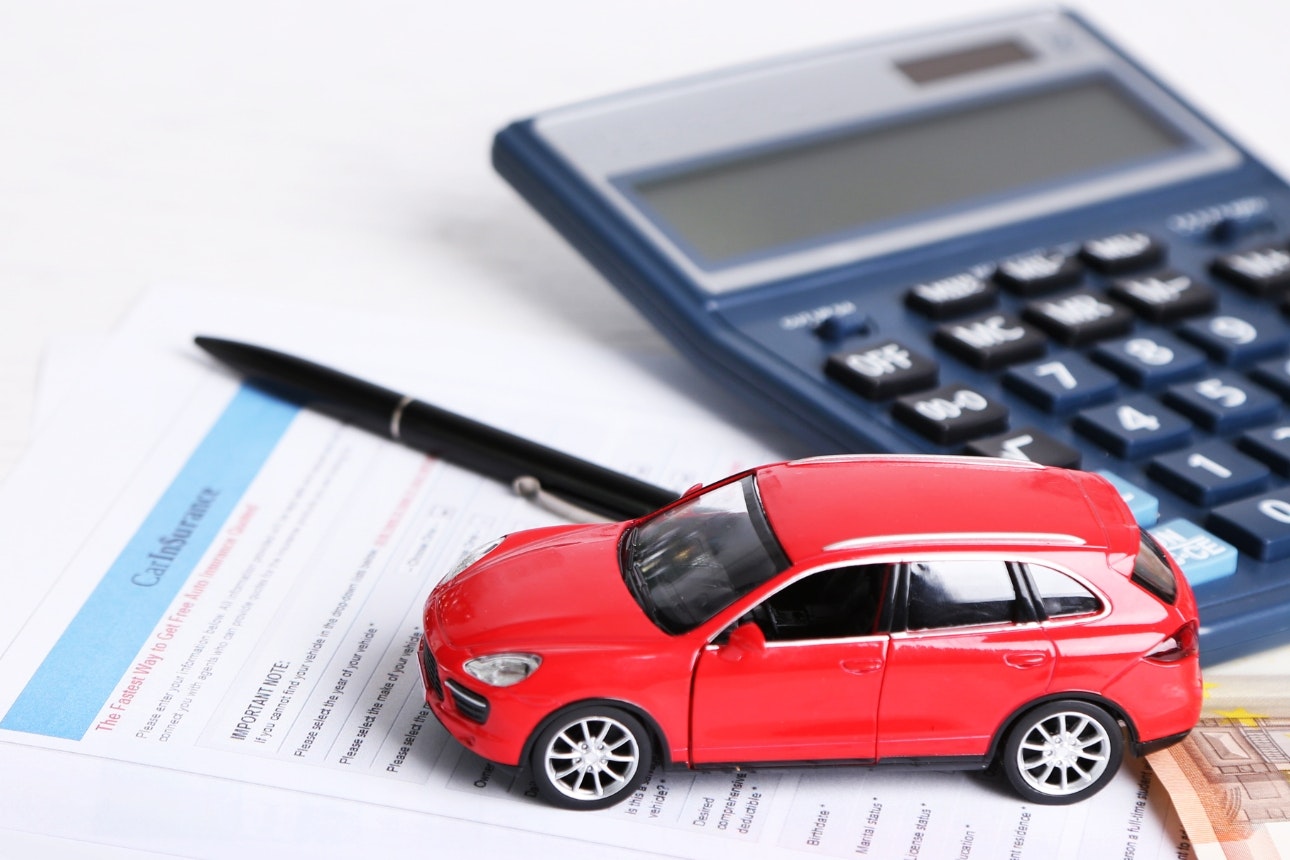
By Kate Harvey
Content Manager | Pou Whakahaere Ihirangi
If you’ve received a notice from your insurer letting you know your premiums are going up, you might be wondering how much more your budget can take. Rather than getting priced out of the insurance market, here are some things you can try to bring the cost of having a policy down, so you still have protection.

1. Go for a higher excess
A higher excess – the amount you pay if you need to claim – will significantly lower your premiums. It could be more painful at claim time, but if it’s the difference between keeping or cancelling a policy, it would be easier to find the cost of the higher excess than paying to replace your uninsured belongings. Just don’t make it so high you wouldn’t be able to pay it, because that would mean you’d wasted money on premiums.
2. Shop around
Our website lets you compare insurance premiums to get a good idea of what insurers offer the best prices. It’s worth regularly spending some time comparing insurance, as you can often find big savings. Check out our guides for house and contents, travel, health and car insurance to get the lowdown on the types of insurance, and compare prices across providers. You can also visit Best and Worst insurers to find out which providers have the most satisfied customers.
If you get a better price from another provider, you can take it to your current provider and haggle for a better deal.
3. Consider an alarm
Ask your insurer if they’d give you a cheaper premium if you install an alarm or cameras. If you were considering it anyway, you might find the saving subsidises the cost of installation.
4. Pay annually
If your budget can stretch to paying your premiums annually, you'll get a discount. It does require some discipline in putting money aside regularly.
5. Reassess your needs
No one wants to spend their spare time reviewing their insurance needs. But you could save hundreds each year if you do. For example, if you have life insurance, the amount of coverage you need when you have a young family and a sizable mortgage will be different to what you need when the kids have left home and your mortgage is nearly repaid.
At renewal time for house insurance ask your provider:
Is the sum insured enough to rebuild my house?
Is this policy still right for my property?
What are the implications of switching provider?
How has my premium been calculated, and how much has it increased since last year and why?
6. Consider third-party
It might be tempting to cancel your car insurance if it’s not worth a lot, but if you cause an accident, you could be responsible for the damage you cause to another car. You could consider the cheaper third-party option that will cover you just for the damage to the other car. You can also get a third-party fire and theft policy, which covers you if your car is stolen or damaged by fire too.
7. Consider a bare-bones policy, if you really need to
A fire-only or fire and burglary policy on your home will mean you’re not covered for everything but can keep some protection and, crucially, will still be entitled to NHCover (formerly EQCover) in a natural disaster.
8. See if you can get support if you're struggling with costs
If you’re struggling to pay for your house insurance bill you can apply to Work and Income, under the Accommodation Supplement, to help pay for costs. The application does include means testing and eligibility criteria. You do not need to be getting a benefit already to apply for it. There may also be benefits under Temporary Additional Support, however the application will be checked to see whether you are eligible for the Accommodation Supplement, too. To start the eligibility process, get in touch with Work and Income on 0800 559 009.

